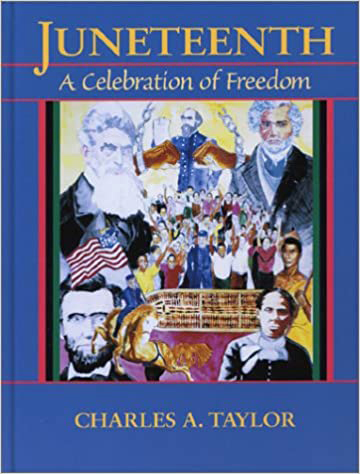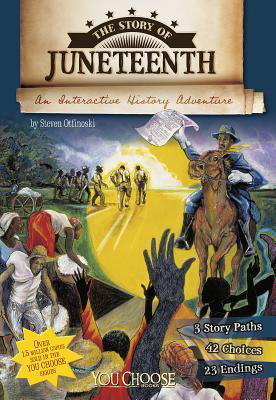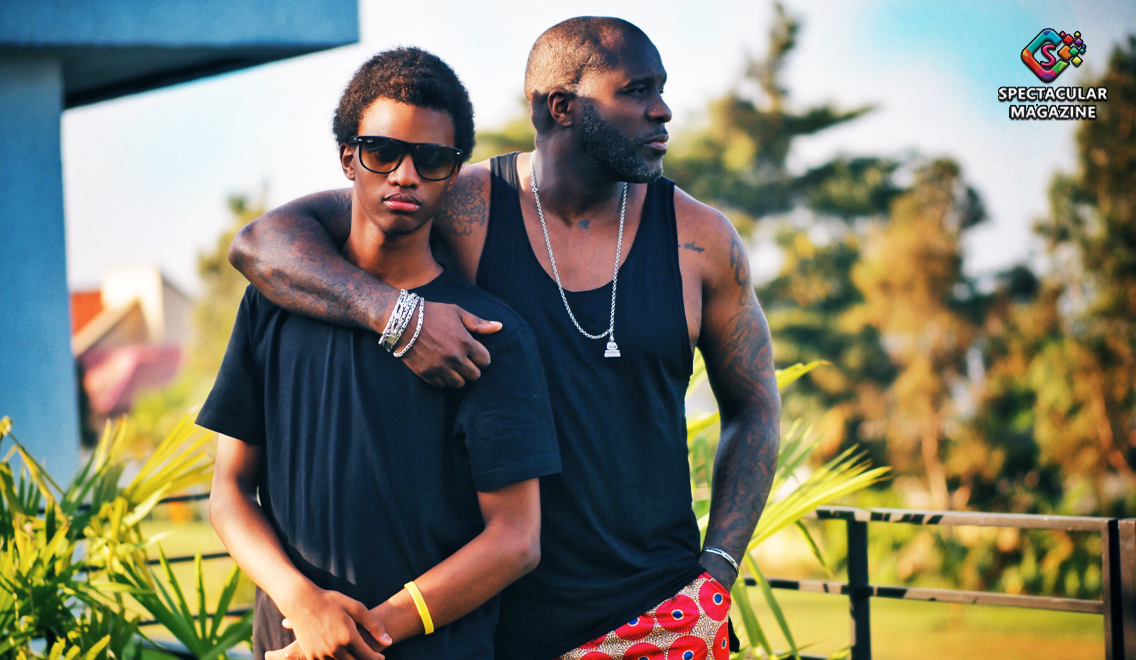[Celebrating Juneteenth] 5 Ways To Talk To Children About Juneteenth Or Freedom Day
This is the fourth of our six-part series ‘Celebrating Juneteenth’ – June 19th is Juneteenth, the oldest known celebration commemorating the ending of slavery in the United States. It is also known as African American Independence Day or Freedom Day. Unfortunately, due to the pandemic, the Annual NC Juneteenth Celebration will be not be held in 2020 but will return on June 19, 2021, from 1 pm – 10 pm in downtown Durham. The Celebration is always free and open to the public.

“Freedom” for Blacks in the United States came about 89-years after the nationally celebrated 4th of July. June 19, 1865, is when the last slaves received the announcement of their right to leave their masters plantation; by way of the Emancipation Proclamation.
America’s Independence Day has been readily accepted and celebrated by all. July fourth is the only Independence Day that is taught in schools and nationally observed by the government. The 4th of July is presented as an all-inclusive holiday, wrapped in patriotism and pride for the group. These are not facts. Most black Americans only celebrate Independence Day on July fourth because they are miseducated and unaware.
It was not the school system nor a world-known celebrity but the television that recently brought the events of Juneteenth back to the mainstream conversation. Many millennials and young adults are shocked to find out about the history of Juneteenth, because it appears that it was hidden, like so many other notable stories of African Americans.
No matter the reasons for the decline in celebration or the previous lack of knowledge passed down; today, we can make a change. Young black people continue to search for their identity and a community that affirms who we are in America. We must meet them where they are and give them what they need. Nelson Mandela said, “Children are our greatest treasure. They are our future.” Today our children need education; they need to learn the truth of their past and the possibilities of their future.

Raising a black child in America today is not easy. There are so many crucial conversations to have. Many of these conversations can be a matter of life and death. There is no simple way to introduce the topics of racism, slavery, or the systematic discrimination black people face in America. And even though this conversation will most certainly be challenging (filled with abstract concepts and incomprehensible methods), for black parents today, there is no time to avoid The Talk.
Compared to the birds and the bees talk, the conversation of race and learning your rights must be one that is had often, and honestly, with children.
Educate yourself on the history of Juneteenth!
5 Tips on talking with children about Juneteenth and beyond:
- It is essential before any talk to check your own biases related to the topic. Don’t transfer negative personal experiences onto a child, stick with the facts.
- When talking with children about tough topics using metaphors or current-day examples can help form them relatable associations.
- Meet the child where they are, meaning your lesson should always be age-appropriate. Use words the child can understand and don’t overwhelm them.
- Don’t be afraid to say “I don’t know!” Be open to search for information or watch new videos with the child.
- Always aim to leave the child feeling educated and empowered. Whenever possible, avoid leaving a child scared or confused.
Click here for a list of books on Juneteenth and related topics, i.e., Civil War, Reconstruction, Jim Crow, etc..


